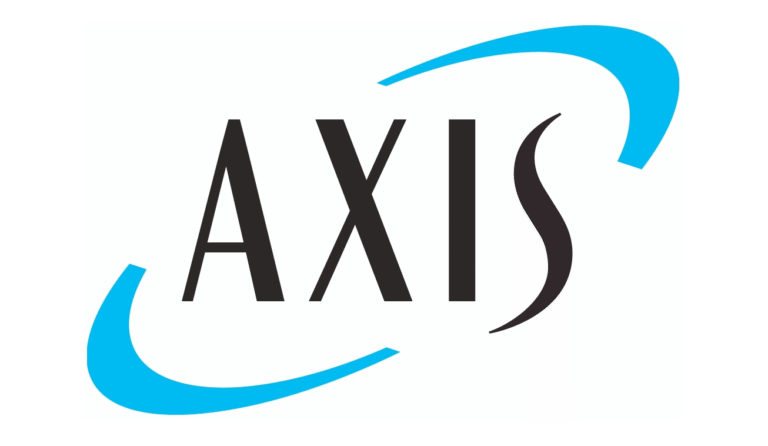
As the sense of global fragmentation and vulnerability increases, the insurance sector has become a key player in managing emerging risks and to mitigate the impact of a future crisis, according to a recent AXA and Ipsos report

The report also highlighted that there is a profound sense of social decision, with 59% of citizens believing that their country is fragmented, or even beset by deep social fractures.
This feeling is particularly acute in France (77%) and in the United States (65%).
“Fragmentation is not a fatality; it reflects a global landscape where interdependent risks require a response that aligns with the stakes. Insurers have a responsibility: to be architects of resilience, blending expertise, innovation, and solidarity. That is our purpose.” said Thomas Buberl, Chief Executive Officer of AXA.
The report identifies a paradox in the face of increasingly interconnected risks, like climate change, cybersecurity, geopolitical instability, artificial intelligence. While 77% of experts call for global solutions, governments favour risk-by-risk specific responses.
In this context, the insurance sector is increasingly seen as a vital force for managing these complex challenges.
A significant 89% of experts and 72% of the general population believe that its role will be decisive in managing emerging risks, which compares with only 61% for national authorities.
Trust in insurers to mitigate the impact of a new crisis has also increased, growing 3 percentage points since 2021.
Moreover, 86% of experts and 84% of the general population say that the most worrisome risks could be partially avoided through prevention measures.
Despite a stressful context, 72% of citizens reject sacrificing democracy for greater efficiency, and 69% defend unrestricted freedom of expression.
These essential social cohesion values are fundamental to supporting risk management and mitigation efforts, the report stated.
“A fragmented society is a society that loses its capacity for collective action. When 59% of citizens perceive their country as divided, the trust necessary to face the risks of the future together through common prevention or adaptation projects erodes.”, said Brice Teinturier, Deputy CEO, Ipsos (France).
According to experts, the top 10 emerging risks for 2025 are: climate change, geopolitical instability, cybersecurity, artificial intelligence and big data, social tensions and movements, natural resources and biodiversity, macroeconomics, energy risks, financial stability risks, and demographics.





